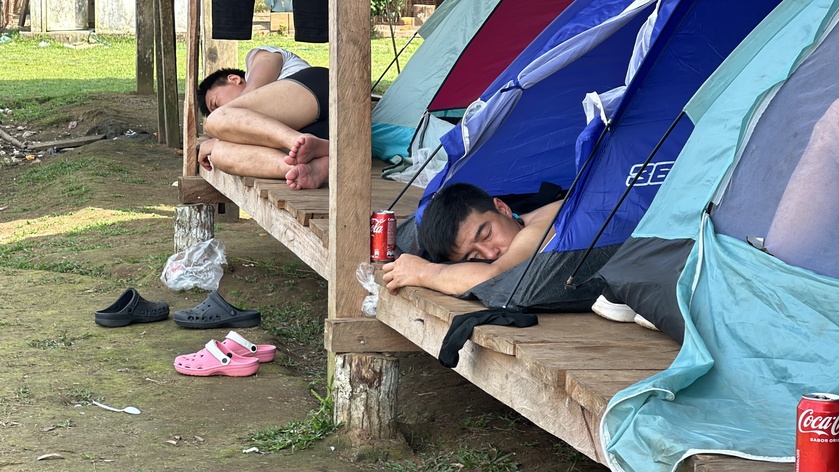The Darien Gap isn't just a geographical challenge; it's a moral quandary. The surge of migrants braving this dangerous passage has turned it into a corridor of hope and despair. And here lies the crux of my argument: assisting these travelers might seem an act of compassion, but it's laced with complexities that can lead to more harm than good.
In this unforgiving jungle, every act of aid, every extended hand, might encourage another hundred souls to embark on this hazardous journey. While it's in our nature to aid those in distress, the help we offer must not become a beacon for a journey that claims lives and fuels an unregulated passage. This isn't about turning our backs on the needy; it's about understanding the consequences of our actions in a broader spectrum.
The book "When Helping Hurts" underscores this dilemma eloquently. It teaches us that help should empower, not endanger. In the Darien Gap, our help might unintentionally lead many to a path of greater danger. The real solution lies in aiding these people within their own countries, creating environments where the perilous journey through the Darien becomes unnecessary.
In conclusion, my experiences in the Darien Gap have taught me that sometimes the hardest choices are the most necessary ones. We must help, but our help must be wise, well-considered, and, above all, it must not lead to unintended consequences that outweigh the initial act of kindness.
When Helping Hurts
https://www.amazon.com/When-Helping-Hurts-Alleviate-Yourself/dp/B093RD5JGQ/ref=sr_1_1?keywords=when+helping+hurts&qid=1705714872&sr=8-1


















